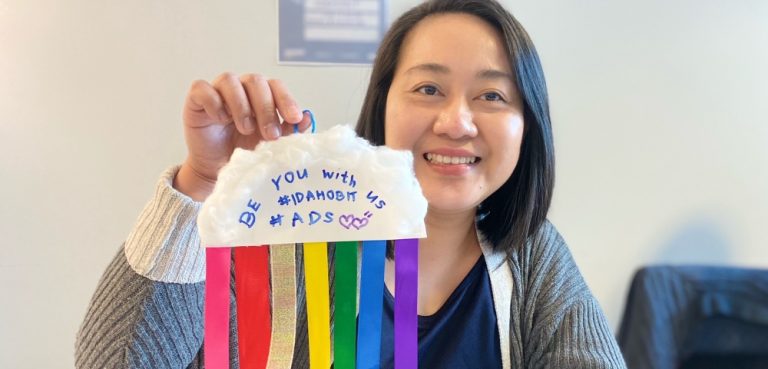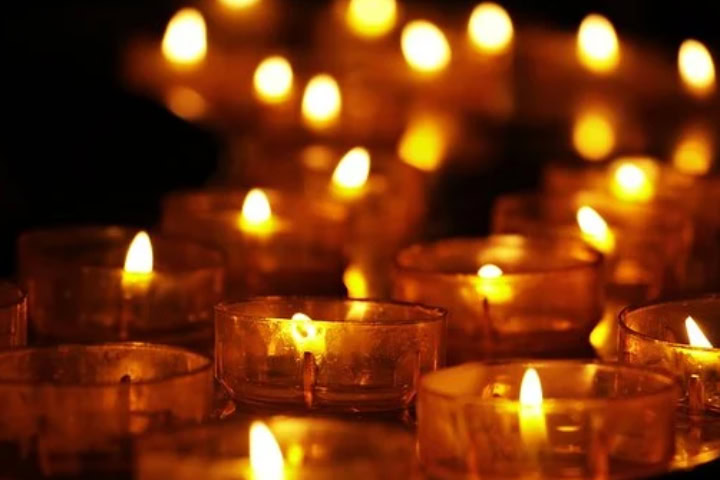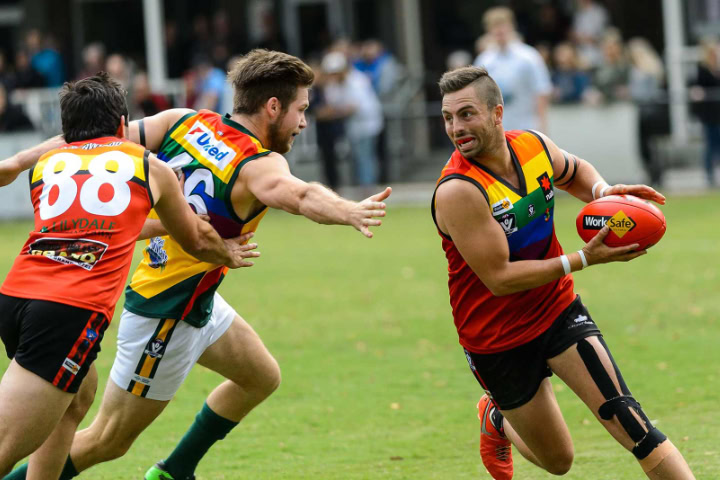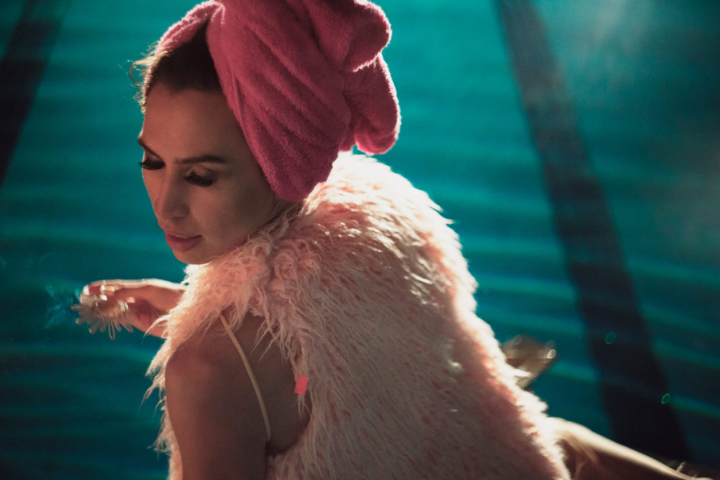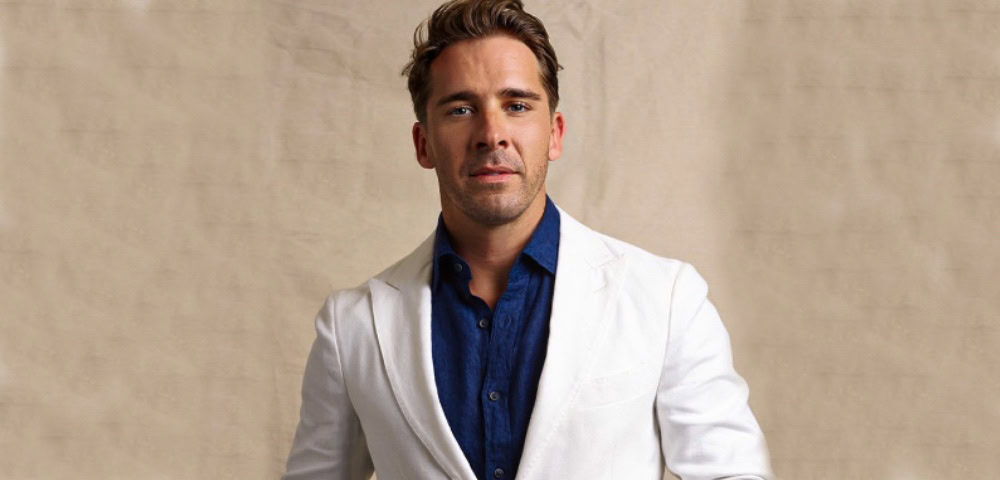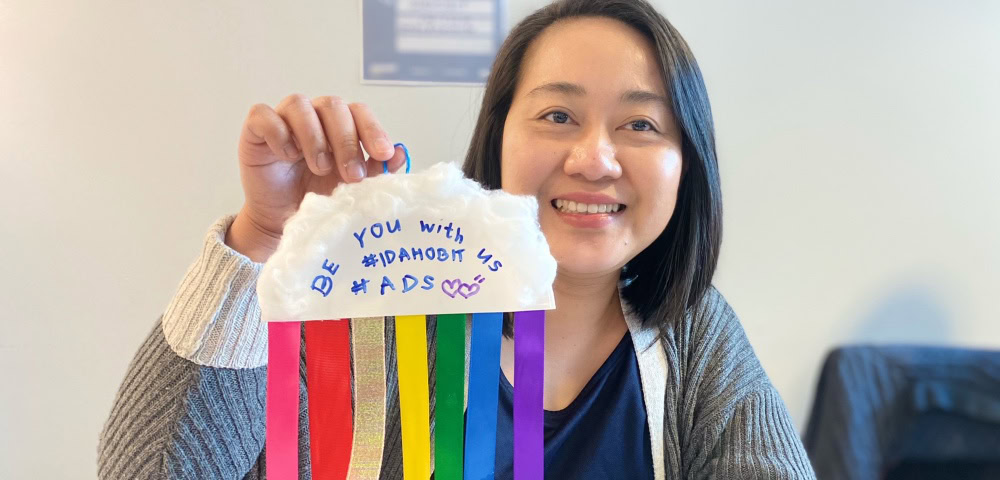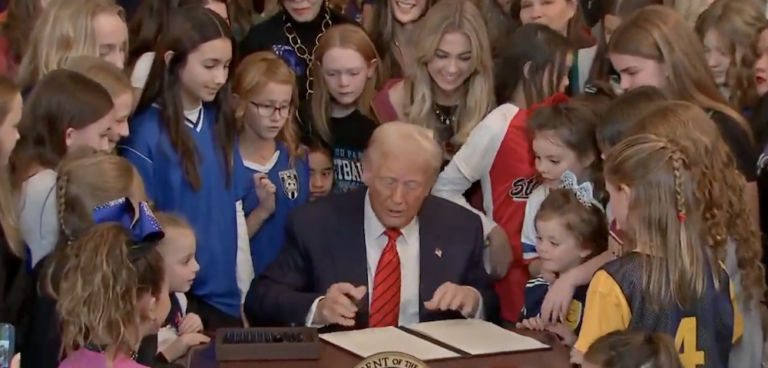
Egyptian Activist’s Death Puts Spotlight On Plight Of Queer Refugees
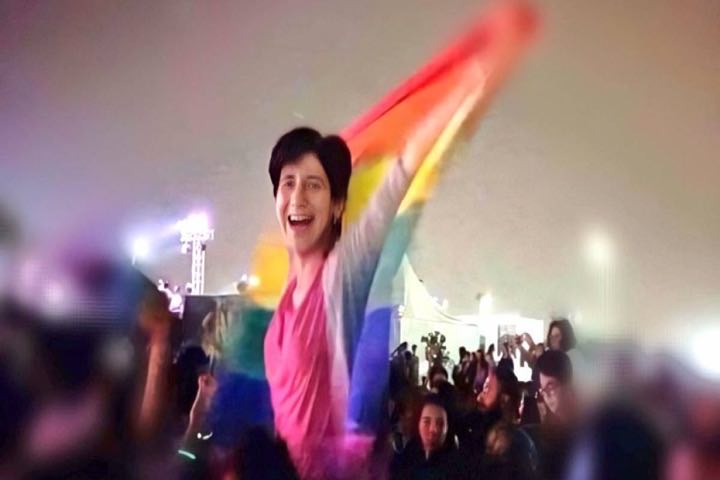
The suicide of prominent Egyptian LGBTQI rights activist Sarah Hegazi (30), while in exile in Canada, has focussed attention on the plight of queer refugees in Australia and across the world.
For Renee Dixson, researcher and co-founder of the Forcibly Displaced People Network – an advocacy group for LGBTQI refugees in Australia – the news brought back some painful memories. Renee and her wife Tina had fled from their country in the face of death threats and found asylum in Australia.
“The story of Sarah Hegazi resonated with me and my experiences a lot. It was very hard for me to read this news. I was exiled from my country with my partner. We lost everything. Family, friends, home, language, time, health… It is very hard to survive without support,” Renee told the Star Observer in an email interview.
Sarah Hegazi’s act of raising an LGBTQI rainbow flag in 2017 in Egypt at a music concert by the band Mashrou’ Leila, whose lead singer Hamed Sinno is openly gay, had won her international prominence, while also making her a target of authorities.
In September 2017, Sarah was arrested by Egyptian police in a crackdown on LGBTQI activists – the only woman arrested – and charged with “promoting sexual deviancy and debauchery.” In prison for three months she was subjected to torture and the experience left her with post-traumatic stress disorder.
Sarah was released on bail in January 2018 and escaped to Canada where she was seeking asylum. She was found dead in her home in Toronto on June 14. In a handwritten note to her family, she wrote, “To my siblings – I tried to find redemption and failed, forgive me. To my friends – the experience [journey] was harsh and I am too weak to resist it, forgive me. To the world – you were cruel to a great extent, but I forgive.”
Sarah’s lawyer Ali el-Halawany told Reuters that Hegazi was struggling with depression.
Sarah’s experience has been similar to other LGBTQI refugees. Last year, Renee and her partner organised a conference “Queer Displacements: Sexuality, Migration and Exile” attended by 150 people around the world, including 27 LGBTQI refugees.
The conference identified some of the major challenges that queer refugees faced: refugee services are not equipped to provide inclusive services; LGBTQI spaces are not equipped to work with culturally and linguistically diverse communities; visa status was an obstacle and a barrier for accessing services; the long wait to know the result of protection visa applications; hesitation by employers to hire people on bridging visas and a long wait to change identity and gender markers. The stigma surrounding mental health in some cultures also hinders access to counselling and other services.
The COVID-19 restrictions have further exacerbated issues faced by LGBTQI refugees who have been in lockdown in homophobic or transphobic households, according to Renee. For queer women and trans refugees, the problems are compounded as their struggle remains invisible in the larger narrative of exile and forced displacement.
“The attention to the issues of LGBTQI forced displacement in Australia in general is not consistent. Much of the support, policy and narratives remain heteronormative and cisgender. When LGBTQI people from refugee backgrounds are mentioned, they are always presented as an exception from the rule. All discussions on LGBTQI forced displacement are gender-blind. It is very common that we only hear gay men accounts of LGBTQI forced displacement,” said Tina.
The stories of queer women remain hidden in the countries they are fleeing from which in turn creates obstacles when it comes to seeking asylum.
“The invisibility in Australia in the context of LGBTQI forced displacements creates more barriers for women to access services that are responsive to their needs. During the asylum claims assessment there are lack of reports of persecution of LBTQI women in their countries of origin. Decision makers still hold stereotypes that lesbian and queer women cannot have children or treat former marriages (often either forced or for safety reasons) as a proof that they are not queer. Transphobia remains prevalent where services misgender or use dead names.”
Renee said she was lucky to be with her wife and the couple supported each other during tough times. “I tried to reach out to support services like university counselling, LGBTQI and refugee organisations, and I was bounced like a ping pong ball in the referral game. ‘We are not the best service for you, we don’t have the capacity, it will cost you this amount of money per counseling session’ and that is happening at a point when you barely can function. You just give up. It was a difficult time for Tina when we didn’t have any community or friends to rely on. It’s hard to build friendships when people are just craving for your story as entertainment for a night. You want to be seen as you-in-depth with layers, and not just to be known and remembered as a refugee with a terrible story behind. My story didn’t start in the moment of my exile and neither is it limited to only that series of events.”
Renee and Tina co-founded Forcibly Displaced People Network, the first LGBTQI refugee-led organisation in Australia. Renee is also working on creating a world-wide digital archive of LGBTQI people subjected to forced migration. “Without a gender responsive policy and practice, we are not meeting the needs of these communities. When we are not talking about the diversity of experiences both within refugee communities, LGBTIQ+ communities and LGBTIQ+ refugee communities, we are contributing to silencing of the issue,” added Renee.
Helpline
If you feel distressed reading this article, you can check out these mental health resources. Speak to a QLife counsellor on 1800 184 527 or via webchat from 3pm to midnight AEST.
Get Involved
Support Forcibly Displaced People Network in their crowdfunding campaign here.
Join a webinar “Breaking The Silence About LGBTQI Refugees” on June 18. Register here by 5 pm June 18 (AEST) to receive your code for the webinar.

